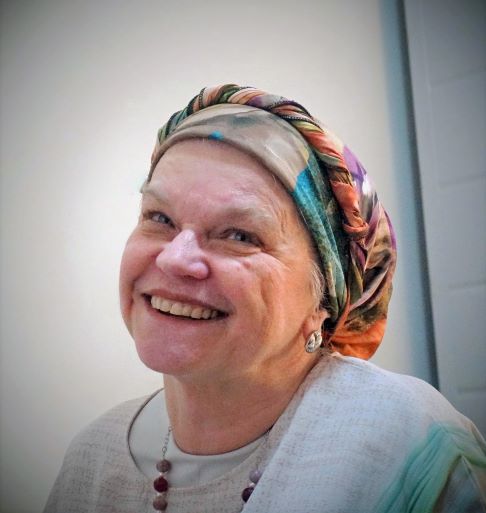Course Overview
This seminar will cover two critical aspects of child abuse reporting: the legal reporting requirements and procedure, and the clinical process and impact of reporting.
Participants will learn:
- Why report?
- Who is obliged to report?
- What has to be reported?
- What about therapist-client confidentiality?
- To whom to report?
- Penalties for not reporting
- What happens to the report?
- Motivations that affect the therapist’s decision to report
- Potentially conflicting roles of the clinician as therapist, reporter, investigator, witness
- The process of deciding whether something is reportable
- Reporting in a way that minimizes negative impact on the therapeutic relationship – with the child, parents, sibling or other client(s)
- Therapeutic issues that arise after reporting and through the investigation

Philip Marcus
Philip Marcus was born and educated in England. He moved to Israel in 1978, he was admitted as an Advocate at the Israel Bar in 1979, and appointed a Judge of the Jerusalem Magistrates Court in 1995. He served as a Judge of the Family Court from its opening in 1997 until his retirement in 2012. Philip Marcus is a consultant to committees of the Knesset (Israel’s parliament) on all proposed legislation concerning children. He is a member of national and international organizations which focus on children who are affected by parental separation and divorce, child-parent contact problems and therapeutic jurisprudence. He has lectured on five continents, and has written and is consulted by governments and organizations around the world about family court system reform, interdisciplinary collaboration, and prevention of parental alienation, including, where necessary, proposals for changes in the law. He is also working on a research project whose object is to prove that investment in prevention of family breakdown and in early intervention where parental conflict occurs can help many children and at the same time save substantial costs to state treasuries.



